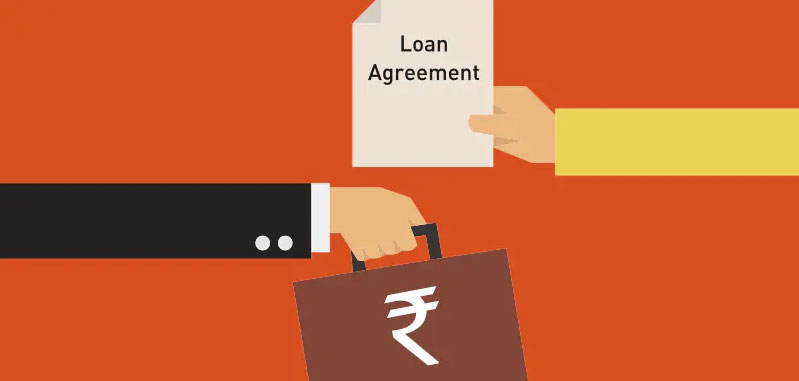In a bind and need quick cash? It's possible to take out a loan against the cash value of a life insurance policy. Permanent life insurance, such as whole or universal life, is required.
Loan Policy Explanation

Universal and whole life insurance, in contrast to term life insurance, feature a cash component that accumulates over the policy's tenure. Most of your premium will initially go toward paying for the policy's indemnity benefit, but you'll see your cash value grow over time.
To avoid paying taxes on cash value growth in whole life insurance, policyholders might take out loans against the account. Since insurers may not be able to foresee how the cash value will rise, it is impossible to predict when it will be available for a loan with a whole-life policy. As a general rule of thumb, a policy loan is not an option until at least ten years have passed.
Different insurance companies have additional minimum and maximum loanable cash value thresholds. A policy loan is not the same as taking out a loan against the policy's cash value. All that's happening is that it's being put up as collateral for the loan.
An Example of Taking a Policy Loan
Consider a life insurance policy with a $200,000 face value and a $35,000 cash value. To aid in paying for your child's university education, you take out a policy loan for $21,000 at an interest rate of 7.5%.
But then, three years later, you suddenly pass away, never having paid off the loan. The original loan amount of $20,000 would now be $26,088 after added interest to the loan total. That's $5,088 in interest on the initial $21,000 loan.
Your beneficiaries will receive $200,000 less than the insurance company deducted. For this reason, they would receive only $173,912 rather than the originally proposed $200,000.
Pros of Policy Loans

- No Credit Check: A policy loan does not necessitate a credit check because the insurance company uses your cash worth as security. If your credit isn't great and you're afraid that a hard inquiry may affect your score, this may be a good option.
- Schedule Repay: The monthly payments on an insurance loan are typically not required to be uniform. You're free to settle your loan in whatever way is most convenient for you. You can also decide not to settle the debt and have it subtracted from your death benefit instead. This adaptability can be helpful for those operating on a limited budget.
- Put the cash toward anything you like: Money borrowed through a policy loan can be used however the borrower sees fit. It can be used for anything, from covering an unexpected bill to purchasing an expensive item.
Cons of Policy Loans
- Result in Lapse in Policy: An interest charge will be added to your insurance loan balance if you don't pay it back. It's possible that the total amount owed to you would eventually skyrocket to levels well beyond your wildest imagination. Your coverage will expire if you don't have enough cash value to pay the loan principal and interest. If that happened, you'd be entirely out of luck regarding life insurance.
- Tax Implications: The IRS may consider the amount you borrowed as income if it is greater than the amount you paid in premiums in the event your policy expires or if you surrender or cancel it before repaying your loan. It may result in a higher tax liability than you anticipated.
- Reduce Death Benefit: When you die away, it will use your death benefit to pay off any outstanding debt. If the benefit you've set up for your heirs is cut, they won't receive as much as you had originally intended.
What are some of the advantages of taking out a policy loan?
Those with permanent life insurance coverage might get quick access to funds through these products. Because the borrowers are borrowing against their assets, they do not have to go through the standard process of getting their loan approved.
You can put the funds to any use, and they are exempt from taxation as long as the total amount is less than or equal to the amount of life insurance premiums paid by the policyholder. The borrowers are not provided with a repayment schedule or a date for repayment. You are not required in any way to pay it back.
What are the drawbacks of taking out a policy loan?
If a policy loan is not repaid, it may deduct interest from the death benefit, which places the policy at risk of being unable to pay any money to the beneficiaries in the event of the insured's passing. Also, In recent years, interest rates have increased, which are currently between 7% and 8%.



